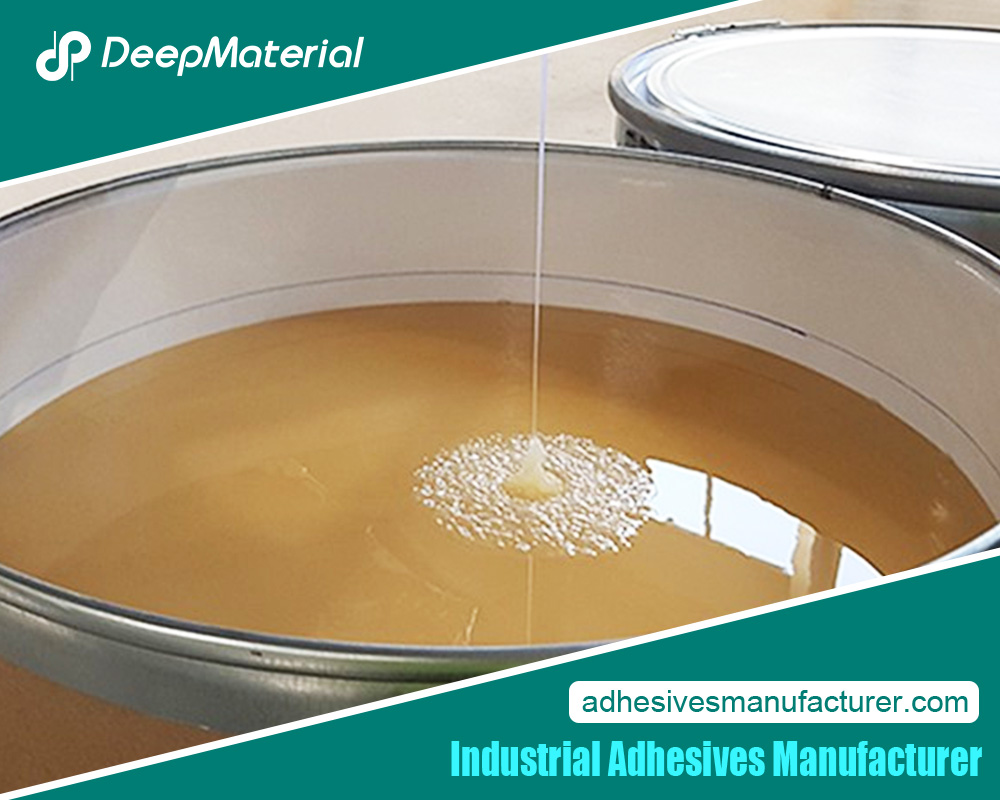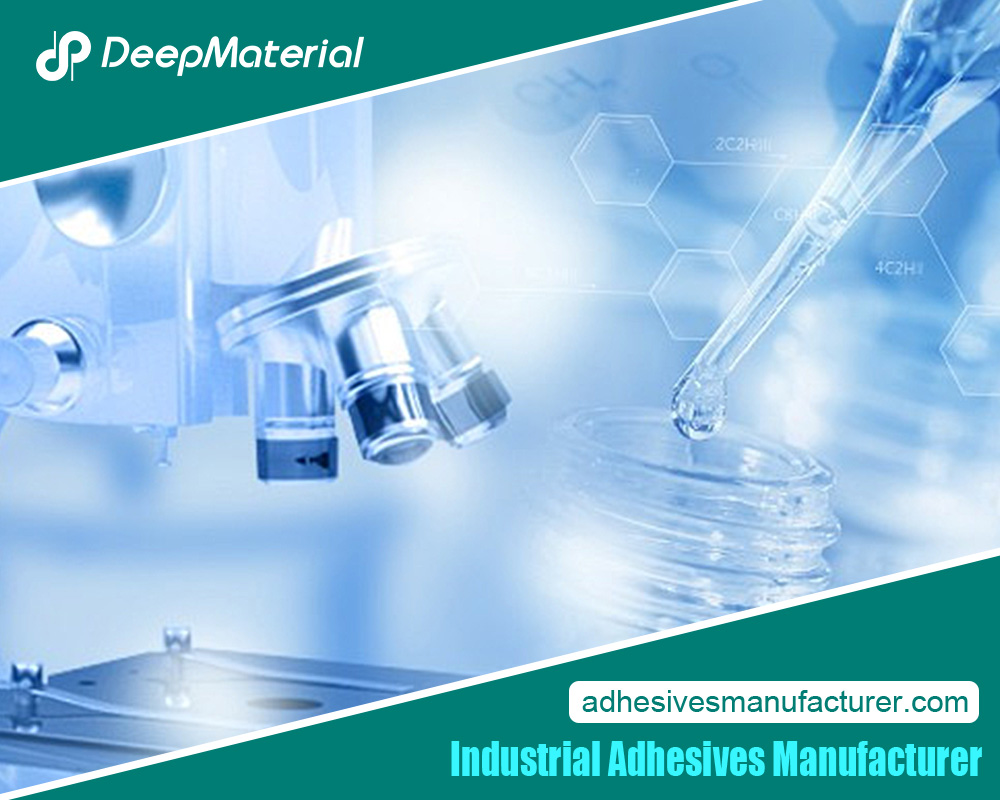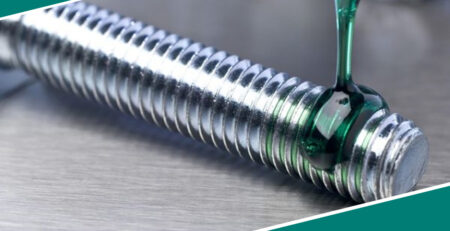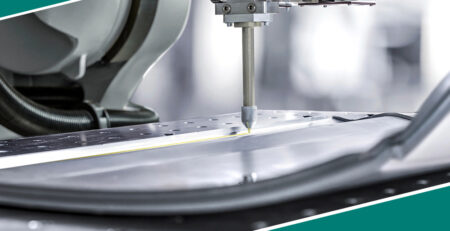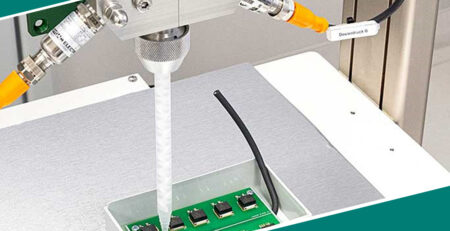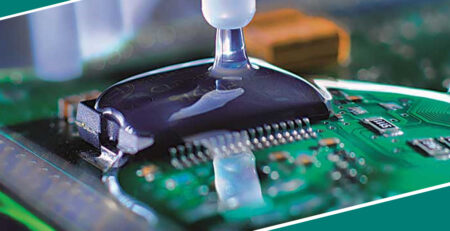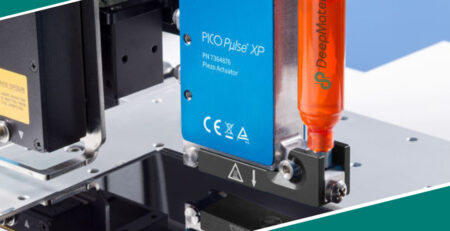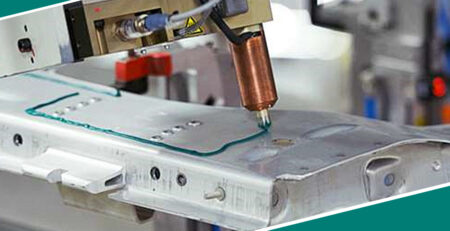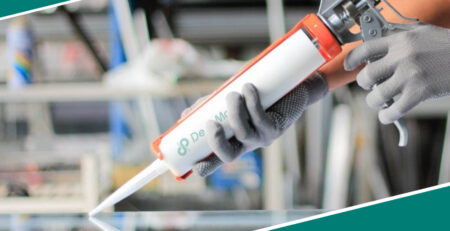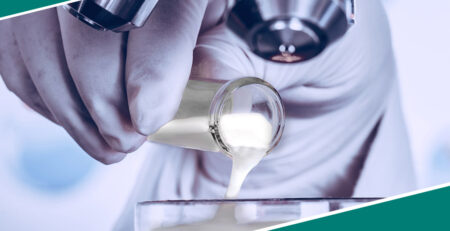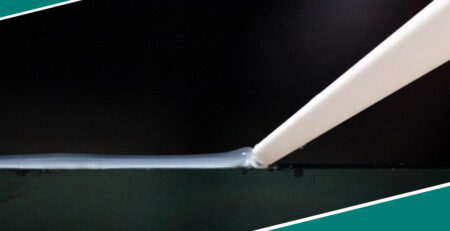Physical Properties of Different Types of Conformal Coating Materials
Physical Properties of Different Types of Conformal Coating Materials
Conformal coatings are coating materials used to protect printed circuit boards, electronic components, etc., from environmental factors such as moisture, dust, and chemical substances. Different types of conformal coating materials have distinct physical properties, which directly affect their protection effectiveness and service life in practical applications. Hardness, flexibility, and abrasion resistance are crucial physical indicators for evaluating the performance of conformal coating materials. Understanding the differences in these indicators among various materials is of vital importance for the correct selection and application of conformal coatings.
Common Types of Conformal Coating Materials
- Acrylic Conformal Coatings: Acrylic conformal coatings are a common type of conformal coating, featuring good transparency, chemical resistance, and electrical insulation properties. They are usually composed of acrylic resins, solvents, and additives, and dry relatively quickly, forming a uniform protective film on the surface of electronic components.
- Epoxy Conformal Coatings: Epoxy conformal coatings are widely applied due to their excellent adhesion, chemical corrosion resistance, and mechanical strength. They are composed of epoxy resins, curing agents, and other additives, and form a hard coating through a curing reaction.
- Silicone Conformal Coatings: Silicone conformal coatings possess unique physical and chemical properties, such as high temperature resistance, low temperature resistance, and good weather resistance. Their main component is silicone polymer, which can maintain stable performance under various harsh environmental conditions.
- Polyurethane Conformal Coatings: Polyurethane conformal coatings have good flexibility, abrasion resistance, and chemical resistance. They are composed of polyurethane resins, solvents, and additives, and their hardness and flexibility can be adjusted according to different formulations.
Hardness Characteristics of Different Types of Conformal Coating Materials
- Hardness of Acrylic Conformal Coatings: The hardness of acrylic conformal coatings is relatively low, generally between 2H and 3H (tested by the pencil hardness method). This makes them perform well in some application scenarios where the requirement for hardness is not high, such as the protection of general electronic devices. However, in situations where greater mechanical pressure or friction is involved, their hardness may not be sufficient to provide adequate protection.
- Hardness of Epoxy Conformal Coatings: After curing, epoxy conformal coatings have a relatively high hardness, usually reaching 4H to 6H. This high hardness enables them to effectively resist external mechanical impacts and abrasions, making them suitable for the protection of electronic components and circuit boards with high requirements for hardness, such as industrial control equipment and aerospace equipment.
- Hardness of Silicone Conformal Coatings: The hardness of silicone conformal coatings is generally between that of acrylic and epoxy conformal coatings, approximately 3H to 4H. Although its hardness is not the highest, it can still maintain good hardness stability in high and low temperature environments, which is an advantage in some special environmental applications.
- Hardness of Polyurethane Conformal Coatings: The hardness of polyurethane conformal coatings can be adjusted by modifying the formulation, generally ranging from 1H to 4H. In some applications where both flexibility and hardness are required, polyurethane conformal coatings can meet specific needs through optimized formulations.
Flexibility Characteristics of Different Types of Conformal Coating Materials
- Flexibility of Acrylic Conformal Coatings: Acrylic conformal coatings have a certain degree of flexibility and can, to some extent, adapt to the thermal expansion and contraction and mechanical deformation of electronic components. However, their flexibility is relatively limited, and the coating may crack under large deformation conditions.
- Flexibility of Epoxy Conformal Coatings: Epoxy conformal coatings have poor flexibility. The cured coating is hard and brittle. This makes their application on some electronic components that require frequent bending or deformation somewhat limited, as the coating is likely to break due to deformation.
- Flexibility of Silicone Conformal Coatings: Silicone conformal coatings have excellent flexibility and can maintain good elasticity and flexibility within a wide temperature range. This makes them suitable for some electronic devices that need to operate in complex environments, such as wearable devices and flexible circuit boards.
- Flexibility of Polyurethane Conformal Coatings: Polyurethane conformal coatings are well-known for their good flexibility and can adapt to the deformation of electronic components to a large extent. They can provide sufficient flexibility while maintaining a certain hardness, making them suitable for some application scenarios with high requirements for both flexibility and mechanical properties.
Abrasion Resistance Characteristics of Different Types of Conformal Coating Materials
- Abrasion Resistance of Acrylic Conformal Coatings: The abrasion resistance of acrylic conformal coatings is average. In a long-term friction or abrasion environment, the coating may gradually wear and become thinner, affecting its protective performance. Therefore, it is not very suitable for use in high-abrasion environments.
- Abrasion Resistance of Epoxy Conformal Coatings: Due to their high hardness, epoxy conformal coatings have good abrasion resistance. They can effectively resist external friction and abrasion, extending the service life of electronic components, and are suitable for some industrial applications with high requirements for abrasion resistance.
- Abrasion Resistance of Silicone Conformal Coatings: The abrasion resistance of silicone conformal coatings is relatively weak. Although they perform excellently in other aspects, they are not as good as epoxy conformal coatings in terms of abrasion resistance. In some cases where high abrasion resistance is required, they may need to be used in combination with other materials to improve their abrasion resistance.
- Abrasion Resistance of Polyurethane Conformal Coatings: Polyurethane conformal coatings have good abrasion resistance. Their molecular structure enables them to withstand a certain degree of friction and abrasion. On some electronic devices that require frequent contact or friction, polyurethane conformal coatings can provide good protection.
Application Analysis of the Differences in Physical Properties of Different Types of Conformal Coating Materials
- Protection of Electronic Devices: In general consumer electronic devices, such as mobile phones and tablets, high flexibility and transparency of the conformal coating are required. Acrylic or polyurethane conformal coatings may be more suitable. For industrial control equipment, servers, and other electronic devices with high requirements for hardness and abrasion resistance, epoxy conformal coatings may be a better choice.
- Aerospace Field: In the aerospace field, electronic devices need to operate in extreme temperature, humidity, and mechanical environments. Due to their excellent high and low temperature performance, flexibility, and weather resistance, silicone conformal coatings are usually widely used. At the same time, to meet certain requirements for abrasion resistance and mechanical strength, epoxy conformal coatings may be used in combination.
- Wearable Devices: Wearable devices have extremely high requirements for the flexibility and comfort of the conformal coating. Silicone and polyurethane conformal coatings are more suitable for the protection of electronic components in wearable devices due to their good flexibility and biocompatibility.
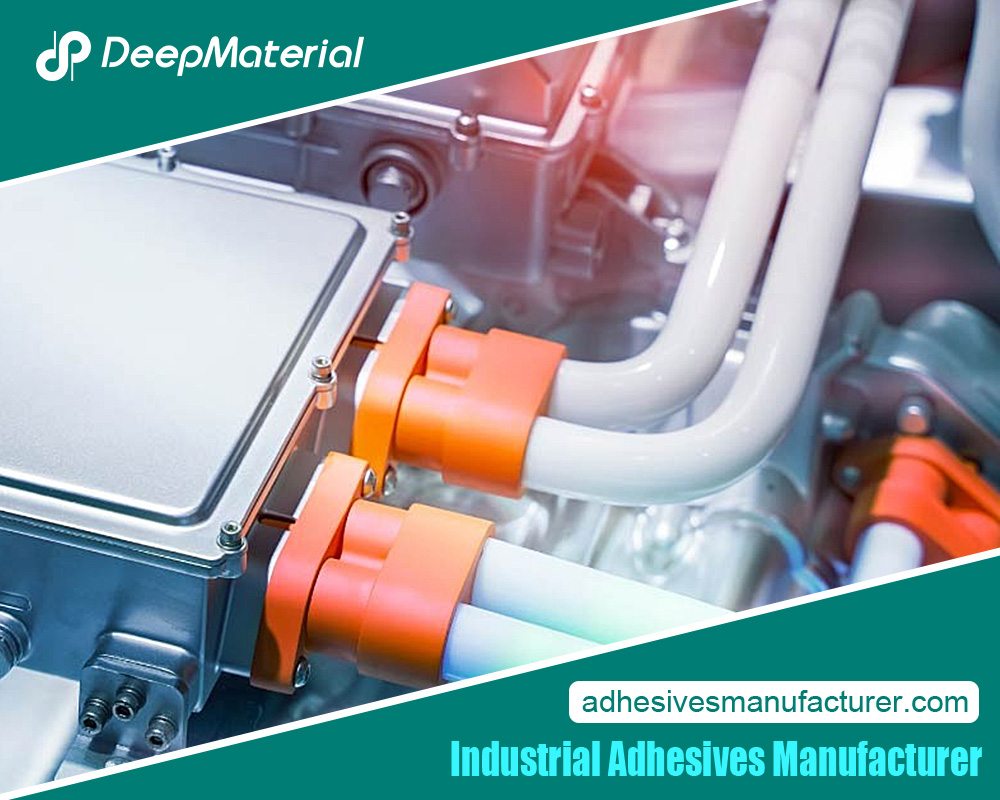 Conclusion
Conclusion
Different types of conformal coating materials have significant differences in physical properties such as hardness, flexibility, and abrasion resistance. Acrylic conformal coatings have a certain degree of flexibility and transparency, but their hardness and abrasion resistance are relatively low. Epoxy conformal coatings have high hardness and good abrasion resistance, but poor flexibility. Silicone conformal coatings have excellent flexibility and high and low temperature performance, but relatively weak abrasion resistance. Polyurethane conformal coatings perform well in terms of flexibility and abrasion resistance, and their hardness can be adjusted according to the formulation. In practical applications, these physical properties should be comprehensively considered based on specific usage environments and requirements, and appropriate conformal coating materials should be selected to ensure the reliability and protection performance of products such as electronic devices. In the future, with the continuous development of electronic technology, the performance requirements for conformal coating materials will also continue to increase, and further research and development of conformal coating materials with better comprehensive performance are needed.
For more about a complete guide to physical properties of different types of conformal coating materials, you can pay a visit to Deepmaterial at https://www.adhesivesmanufacturer.com/ for more info.

